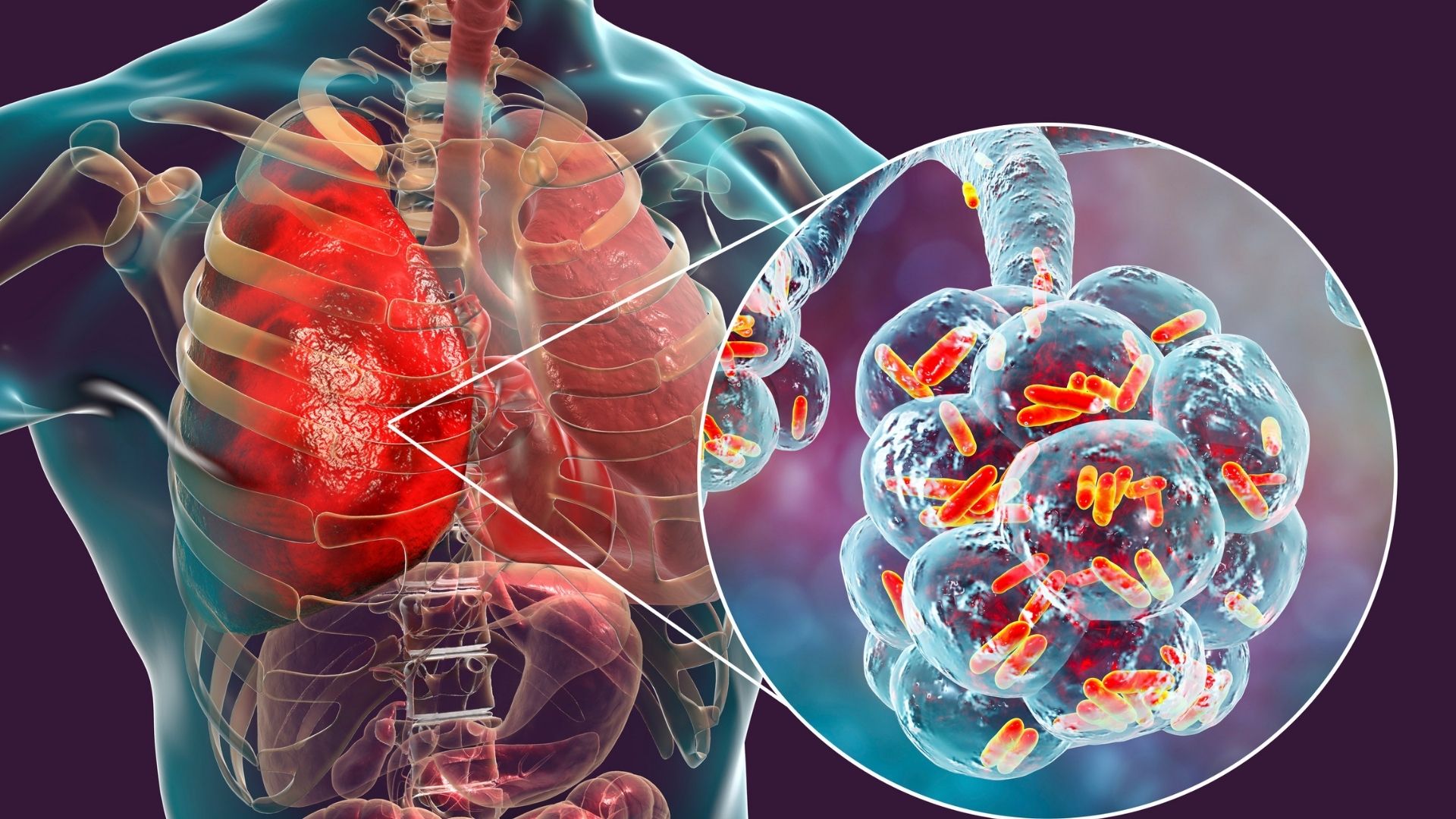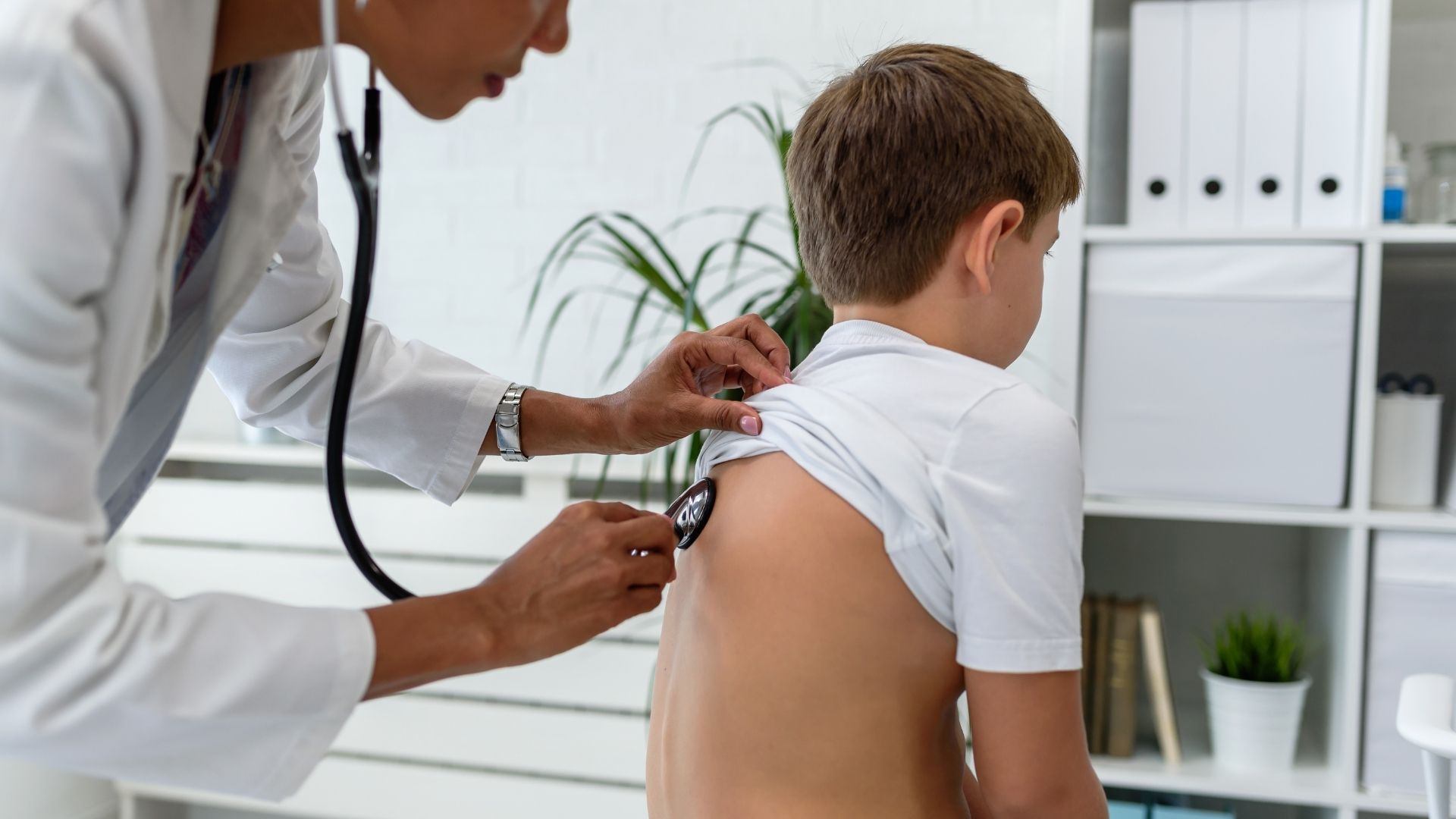What are Upper Respiratory Diseases?
Upper respiratory tract diseases are infections that are usually more common in winter. Most of these diseases are microbial infections caused by viruses. The risk of spreading these diseases increases with the effect of cold weather, increased air pollution and crowded environments. Upper respiratory tract diseases usually affect the nose, throat and upper respiratory tract. Here are some of these diseases and their symptoms:
Rhinitis (cold): Rhinitis is a disease that affects the upper respiratory tract and causes symptoms such as nasal congestion, runny nose, sneezing, sore throat, cough, headache and weakness. It is usually caused by viruses.
Influenza: Influenza is caused by the influenza virus. Symptoms include high fever, chills, headache, muscle aches and weakness. In some cases, chest pain, nausea and vomiting may also occur.
Middle Ear Inflammation (Otitis): Upper respiratory infections can cause blockage of the ear tubes, which can lead to otitis media. Symptoms include fever, earache, hearing loss and ear discharge.
Sinusitis: Sinusitis is an inflammation of the air-filled spaces inside the bones around the forehead, upper jaw and nose. Symptoms may include headache, eye pain, runny nose, cough and sore throat.
Pharyngitis: Pharyngitis is a disease caused by inflammation of the throat. Dry cough, sore throat, weakness and mild fever are the most common symptoms.
Acute Pharyngitis (Tonsillitis): In acute pharyngitis, the tonsils become inflamed. Symptoms include high fever, sore throat, difficulty swallowing, weakness, body aches and swollen lymph nodes in the neck.
Laryngitis (croup): Laryngitis is an inflammation of the larynx in the throat area. Hoarseness, hoarse cough and hoarse voice are the most obvious symptoms.
Bronchiolitis: Bronchiolitis is a common respiratory illness, especially in children between the ages of six months and two years. Breathing becomes more frequent, there is a wheezing cough and nasal congestion.
Bronchitis: Bronchitis is caused by upper respiratory tract infections and is usually characterized by coughing, phlegm, wheezing and frequent coughing fits.
Pneumonia: Pneumonia is caused by inflammation of the lung and is especially common in children with heart disease or previous lung disease and premature babies. Symptoms include cough, fever, chills, weakness and respiratory distress.
What are the Symptoms of Upper Respiratory Tract Diseases?
Each upper respiratory tract disease has its own symptoms. However, in general, symptoms of upper respiratory tract diseases can include
Nasal congestion and discharge
Sneezing
Sore throat
Cough
Headache
Fatigue
High fever (in some diseases such as influenza)
Burning, tearing and redness of the eyes (in respiratory infections)
Loss of appetite
Voice changes (in laryngitis)
Ear pain (in otitis media)
Hearing loss (in otitis media)
Chills (in some diseases such as influenza)
Swelling of the lymph nodes in the neck (in cases such as tonsillitis)
Treatment Methods for Upper Respiratory Tract Diseases
Treatment methods for upper respiratory tract diseases depend on the type and severity of the disease. Here are some treatment methods:
Rhinitis (cold): Symptomatic treatment is usually applied. If there is pain and fever, appropriate medications can be used. Saline drops or sprays for nasal congestion may be preferred.
Influenza: Influenza vaccination should be done before the flu season. Antipyretics can be used to relieve symptoms. Rest and drinking plenty of fluids are important.
Middle Ear Inflammation (Otitis): Antibiotics can be effective in treatment. A doctor’s check-up is necessary for problems such as hearing loss.
Sinusitis: Antibiotics can be used to treat sinusitis with severe symptoms. Untreated sinusitis can lead to complications.
Pharyngitis and Acute Pharyngitis (Tonsillitis): Appropriate antibiotic treatment may be required under physician control.
Laryngitis: Cold steam therapy can be used for inflammation of the vocal cords. Cortisone medication may rarely be required.
Bronchiolitis: Usually resolves spontaneously. Sick children should be carefully monitored.
Bronchitis: There is no specific treatment. Expectorants or inhalers may be used. Medical supervision is important.
Pneumonia (pneumonia): Hospitalization may be necessary if there are signs of respiratory failure.




